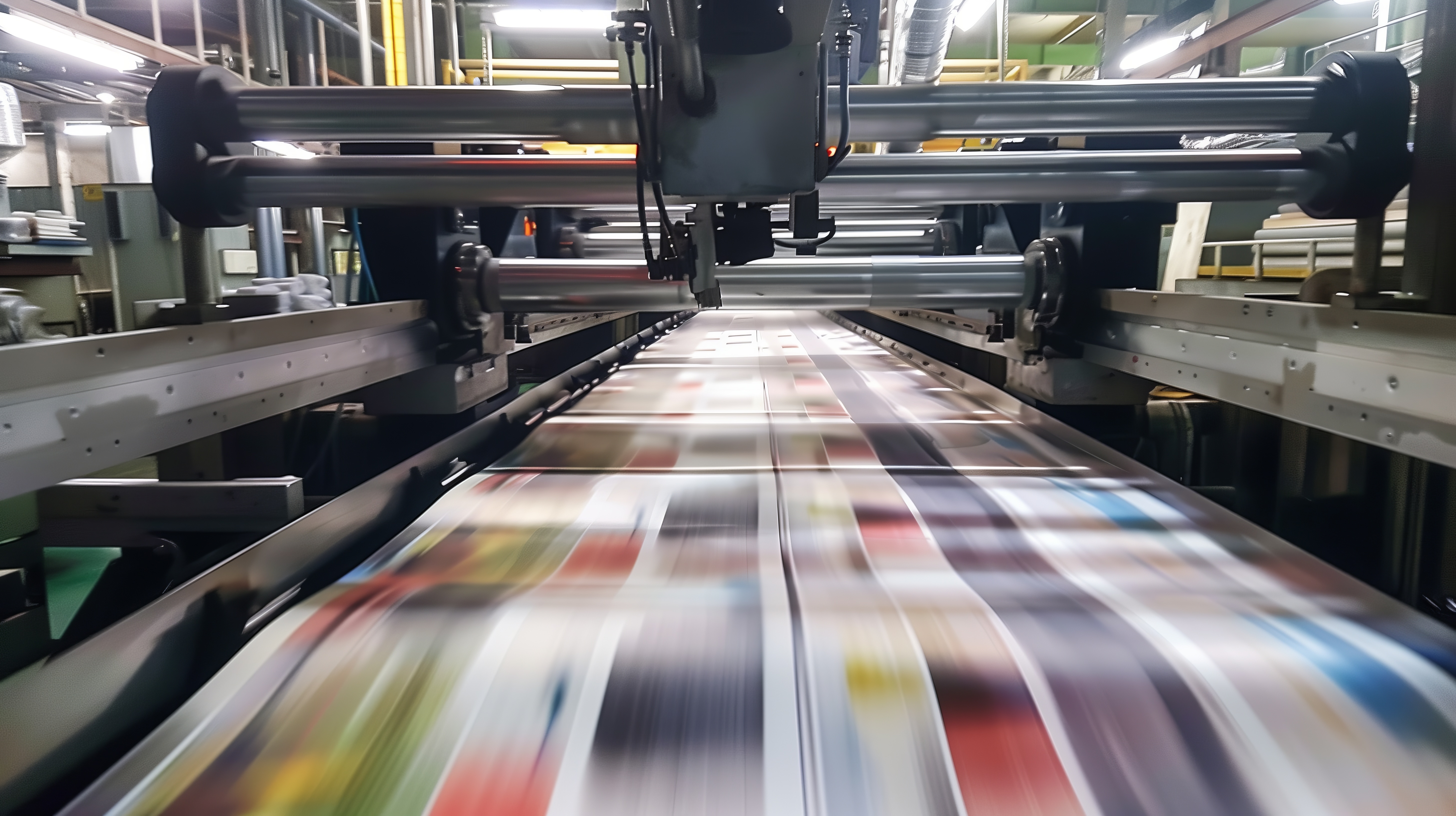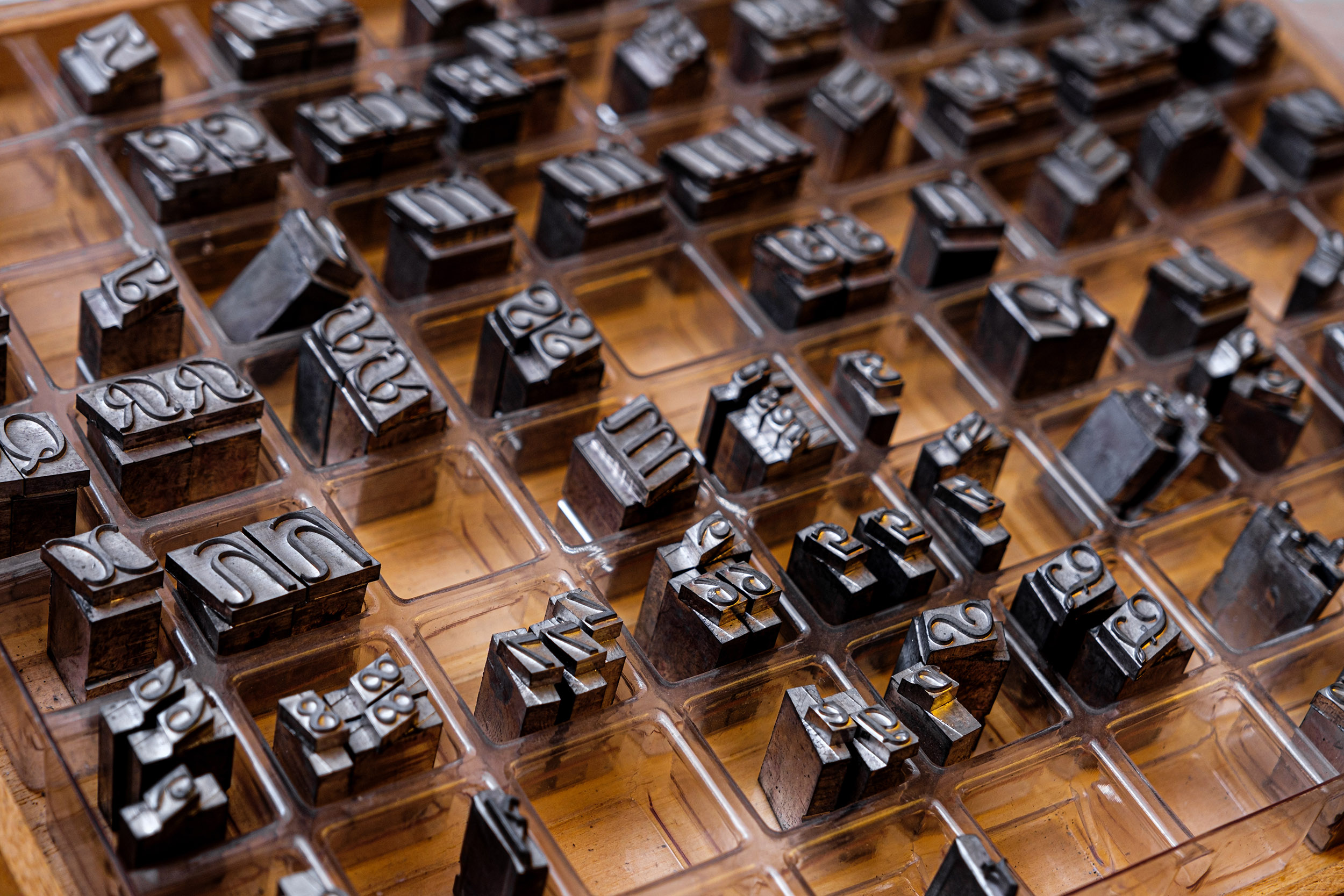For over 80 years, Wilson-Epes has been a fixture of the highly specialized U.S. Supreme Court and Federal Appellate Court legal community.
As the “go-to” company in a small world of Supreme Court and Federal Appellate Court brief printers, Wilson-Epes client list is a “Who’s Who” of top litigation law firms across the United States representing clients from around the globe.
Many prominent lawyers, including John Roberts, Kenneth Starr, Drew Days and others have sat at Wilson-Epes’s small conference table proofreading briefs before final submission. This company has been an integral part of the nation’s legal history, printing briefs for many landmark cases such as Roe v. Wade, Bush v. Gore, Turner v. FCC, Watergate, Obamacare, and Marriage Equality.

Wilson-Epes Printing Company was founded in 1941 by Lester C. Wilson and Branch Epes.

The two partners built their business with hot-metal typecasting, press and bindery equipment. “Hot-metal” printing is an equipment and labor-intensive process whereby skilled linotype operators cast words into lines made of molten lead. After a page is printed the lead is re-melted and used again.
At the time, Wilson-Epes was focused on providing high quality printing services to embassies, associations, and businesses. In the early 1960’s, Branch Epes was bought out by Lester Wilson and, together with his wife, expanded into publishing opinions of Federal and District of Columbia courts, printing stationery and legal briefs for law firms. After Mr. Wilson died in 1967, the Company’s foreman, Raymond Wilhide, purchased the company from Mrs. Wilson.
Over the course of his 25 years of ownership, Mr. Wilhide transformed the Company into the District’s leading legal printer.
Robert F. Dorsey acquired Wilson-Epes in 1993 and, with a focus on quality and service, grew the company’s reputation and business through the late ’90s.
Wilson-Epes Printing was sought out for its expertise and reputation by law firms all over the country to print their Supreme Court briefs. By the year 2000, Wilson-Epes had achieved Mr. Dorsey’s goal—it had become the superior printer of Supreme Court briefs in the country. Mr. Dorsey held the tradition of Hot Metal Printing into the turn of the century. Realizing that it was no longer economically feasible to sustain the overhead involved in hot-metal printing, in April 2000, Mr. Dorsey recapitalized Wilson-Epes.
The most current and highest quality digital printing technology was acquired and Wilson-Epes was converted from hot-metal to an all-digital printing process. Without sacrificing quality or service, costs were substantially reduced and became competitive with other printers.

In 2012, Mr. Dorsey’s daughter Robyn was welcomed. With her background in process and management consulting, Robyn’s skills complimented the team, not to mention she is family.

Robyn assumed the finance and administration responsibilities and has brought a fresh set of skills to the executive team. In 2016, Mr. Dorsey sold the business to his children and retired. Demonstrating flexibility with clients on a global scale, Robyn and the team at Wilson-Epes continue to its long standing commitment to quality, top-tier level service and an outstanding client experience.
